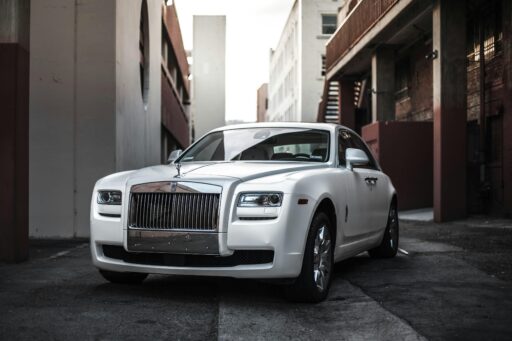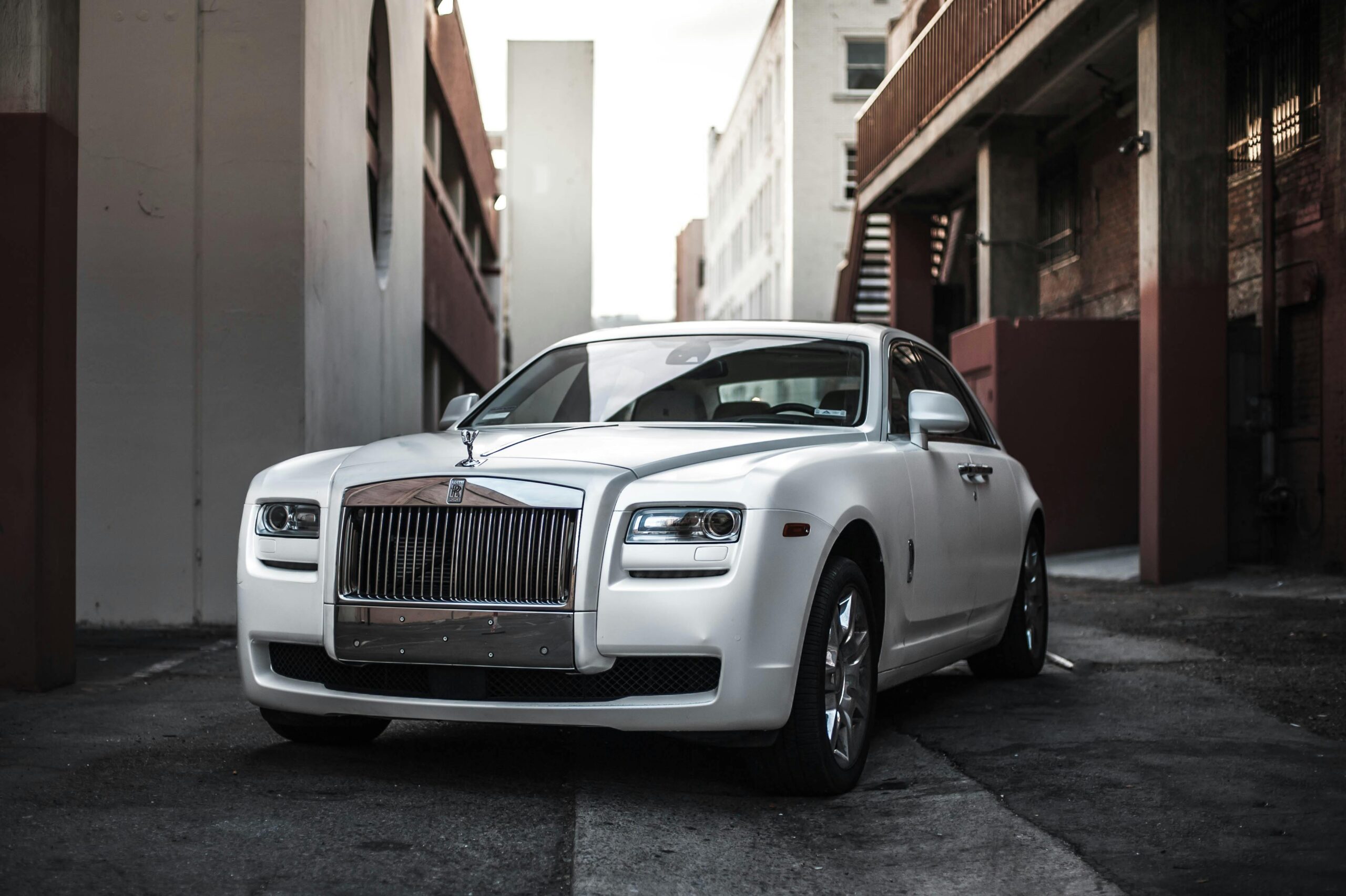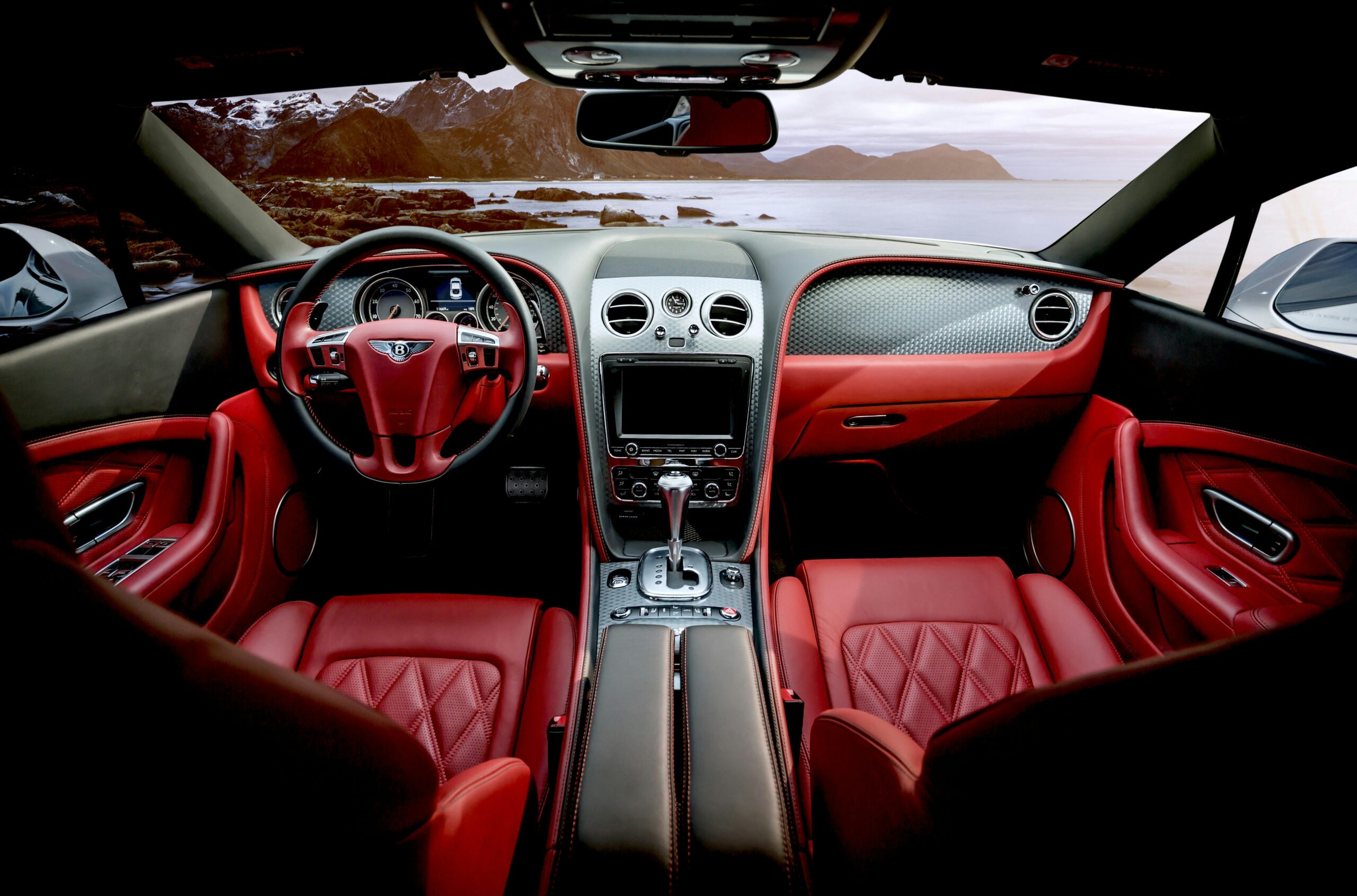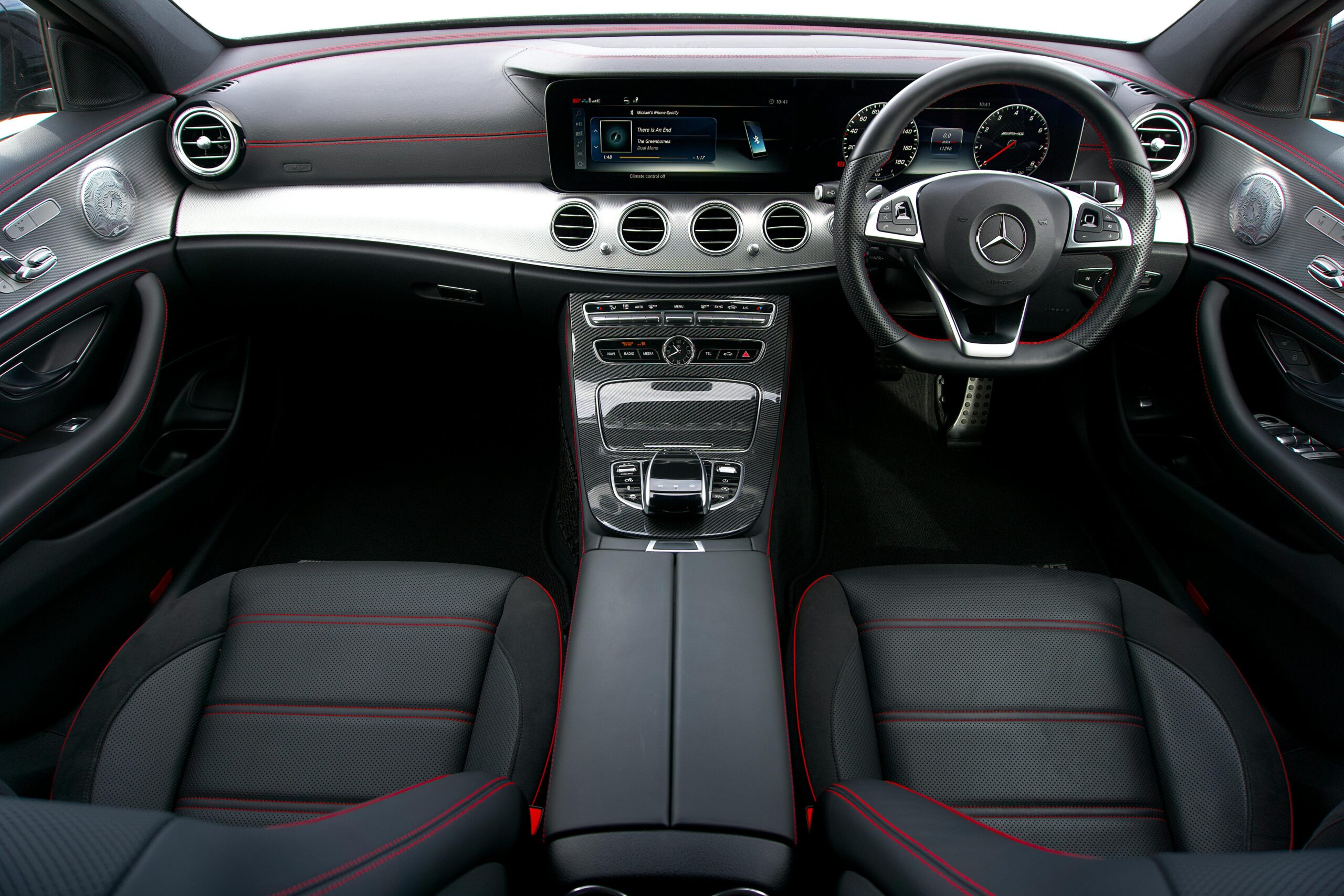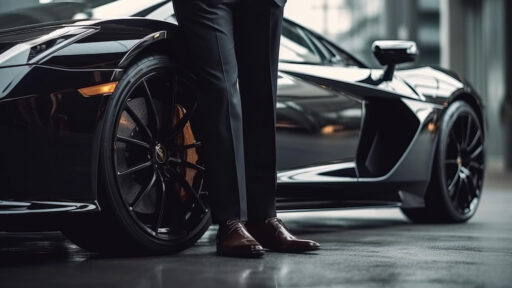Choosing the right luxury car to suit your lifestyle can be a daunting task. With so many options available on the market, it’s important to consider a variety of factors before making a decision.
We will discuss key considerations such as budget, features, and brand reputation to help you make an informed choice. Whether you’re a city slicker or an outdoor enthusiast, we’ve got you covered with our expert tips on finding the perfect luxury car for you.
Key Takeaways:
- Consider your lifestyle and needs when choosing a luxury car, whether it be for practicality, performance, or style.
- Research and test drive different luxury car brands and models to find the one that best fits your budget and preferences.
- Take into account long-term costs, such as maintenance and insurance, before making a final decision on your luxury car purchase.
Performance and Technology
The luxury cars such as the BMW I8, Lamborghini Huracan Spyder, and Audi TT RS are meticulously engineered to deliver a thrilling driving experience. These premium models showcase cutting-edge technology including sophisticated driver assistance systems, adaptive suspension technologies, and precision-crafted engines.
For example, the BMW I8 features a potent hybrid drivetrain that delivers exceptional performance and efficiency. The Lamborghini Huracan Spyder is renowned for its rapid acceleration, courtesy of its powerful V10 engine, while the Audi TT RS offers agile handling and Audi’s renowned Quattro all-wheel-drive system for enhanced traction and stability.
These technological innovations not only enhance the driving dynamics but also ensure a safe and comfortable journey, distinguishing these luxury vehicles as exceptional offerings in the automotive industry.
Eco-Friendliness in Luxury Vehicles
Numerous luxury automobile manufacturers are currently directing their attention towards eco-friendliness through the creation of hybrid and electric models that uphold exceptional reliability and customer approval. These environmentally-conscious luxury vehicles not only play a part in diminishing carbon emissions but also provide quieter journeys, smoother acceleration, and reduced operational expenses in comparison to conventional combustion engine vehicles.
The transition towards hybrid and electric models signifies a notable advancement in the automotive sector’s dedication to sustainability and inventive solutions. Consumers are progressively gravitating towards these vehicles owing to their technological advancements, impressive performance levels, and the chance to make a positive impact on environmental preservation through their transportation selections.
Ownership Costs and Resale Value
Factors such as ownership costs and resale value should be carefully considered when acquiring a luxury vehicle, as they encompass a range of expenses including insurance, maintenance, service, and warranty costs. These elements significantly contribute to the total cost of owning a luxury car. Maintenance expenses can vary based on the car’s brand and model, with certain luxury brands necessitating specialized care that may be more costly. Insurance premiums for luxury vehicles are typically higher due to their elevated value and associated risks.
By maintaining regular upkeep schedules and selecting comprehensive insurance policies, owners can help preserve the resale value of their luxury vehicle. To further enhance resale value, it is advisable to invest in high-quality repairs and servicing, maintain detailed maintenance records, and safeguard the vehicle from depreciation caused by regular use.
Test Drive and Consumer Feedback
A test drive is a crucial step in the purchasing process, serving as a means for consumers to assess the driving experience, comfort, features, and safety attributes of luxury cars based on practical experience.
During a test drive, prospective buyers have the opportunity to evaluate how the vehicle performs under different road conditions, including aspects like acceleration, braking, and steering responsiveness. This hands-on encounter offers a direct insight into the car’s abilities and allows individuals to ascertain whether the driving dynamics meet their expectations.
The feedback obtained from consumers during test drives provides valuable perspectives on elements such as cabin comfort, interior design, technological integration, and overall driving satisfaction. By attentively considering customers’ viewpoints and suggestions, car manufacturers and dealers can make informed decisions to improve their luxury vehicles and tailor them more effectively to the requirements and preferences of their target demographic.
Maintaining Luxury Cars
The maintenance of luxury automobiles necessitates the utilization of high-quality products, the implementation of appropriate exterior protection measures, meticulous attention to interior upkeep, and periodic assessments of tire pressure and alignment. These practices are essential for preserving the vehicle’s overall condition and optimizing its performance.
Exterior Protection and Interior Care
It is crucial to uphold the pristine condition of luxury vehicles through the application of quality products that ensure exterior protection and interior care.
High-quality waxes and coatings are paramount in safeguarding the exterior of a vehicle against environmental elements such as UV rays, dirt, and pollutants. The consistent application of wax establishes a protective layer that mitigates paint damage and preserves the vehicle’s luster.
In terms of interior care, the acquisition of appropriate cleaning materials for seats and dashboards is fundamental. Routinely vacuuming seats and utilizing designated cleaners for various materials can extend the longevity of upholstery and maintain a fresh appearance within the vehicle.
Tire Pressure and Alignment
It is essential to regularly monitor tire pressure and alignment in luxury vehicles to ensure safety, optimal performance, and prolonged tire life while promoting proper driving habits.
Appropriate tire pressure and alignment not only improve the vehicle’s handling and fuel efficiency but also mitigate the risk of accidents caused by blowouts or uneven wear. Maintaining the correct tire pressure necessitates the use of a high-quality pressure gauge and reference to the vehicle manual for recommended levels.
Routine examination for signs of uneven wear, such as cupping or feathering, should be conducted to identify potential misalignment issues. Additionally, practicing smooth acceleration, braking, and cornering can contribute to extending the lifespan of tires and overall vehicle maintenance.
Financial Aspects of Buying a Luxury Car
When analyzing the financial implications of acquiring a luxury vehicle, it is imperative to assess various alternatives, including purchasing, leasing, and the related insurance expenses, while also conducting a thorough examination of consumer feedback to arrive at an informed decision.
Purchase vs Lease
The decision between purchasing and leasing a luxury car is contingent upon various financial factors, encompassing budgetary considerations, long-term objectives, and individual preferences.
Acquiring a luxury vehicle through direct purchase typically necessitates a substantial upfront payment but affords advantages in long-term ownership, such as the potential accrual of equity and the ability to tailor the vehicle to personal specifications. Conversely, opting for a lease arrangement offers the benefit of lower monthly payments, the flexibility to switch vehicles regularly, and the inclusion of maintenance and warranty coverage. A comprehensive understanding of one’s driving patterns, desired vehicle lifespan, and financial aspirations is imperative in selecting the most suitable course of action.
For individuals who prioritize driving the latest models frequently and maintaining lower maintenance costs, leasing could present a more advantageous option. Conversely, for those seeking enduring value and full ownership of the vehicle, purchasing may offer a more substantial investment opportunity.
Insurance Costs
Insurance costs for luxury cars can be notably elevated compared to standard vehicles, primarily due to the elevated value and specialized components inherent in luxury vehicles.
Luxury cars not only entail higher purchase expenses but also incur greater insurance premiums. The heightened cost associated with luxury vehicles necessitates larger payouts by insurance companies in the event of a claim, thereby leading to increased premium rates. Moreover, the intricate parts and advanced technology integrated into luxury vehicles may incur greater expenses for repairs or replacements, further contributing to escalated insurance costs.
To secure optimal insurance packages for luxury vehicles, it is imperative to conduct a thorough comparison of quotes offered by various providers and investigate potential discounts tailored specifically for luxury vehicle owners.
Consumer Reviews and Feedback
Consumer reviews and feedback offer valuable insights into the dependability and real-world performance of luxury vehicles, aiding prospective buyers in making well-informed decisions. Analyzing reviews that delve into long-term reliability and ownership experiences allows consumers to develop a comprehensive understanding of how various models withstand the test of time.
These insights play a pivotal role in facilitating prudent investments in luxury automobiles, as they provide visibility into potential maintenance issues, overall satisfaction levels, and the longevity of critical components. Delving into recurring themes in reviews enables buyers to identify patterns or prevalent issues that might not be readily apparent in a brand’s promotional materials.
Investing time in researching and considering consumer feedback can ultimately result in a more gratifying and enlightened purchase decision.
Frequently Asked Questions
What factors should I consider when choosing a luxury car to fit my lifestyle?
When choosing a luxury car, factors such as budget, desired features, and intended use should be taken into consideration. Think about what you need from your vehicle and what features will enhance your lifestyle.
What are some key features to look for in a luxury car for a busy lifestyle?
For a busy lifestyle, look for features such as advanced safety technology, comfortable seating, ample storage space, and intuitive infotainment systems. These features will help make your daily routine more efficient and enjoyable.
How can I determine if a luxury car is within my budget?
Before beginning your search, it’s important to set a budget and stick to it. Consider not only the price of the car, but also potential maintenance and insurance costs. You can also compare prices and financing options of different luxury car brands to find the best fit for your budget.
What type of luxury car is best for a family lifestyle?
For a family lifestyle, a luxury SUV or minivan may be the best option. These vehicles typically offer spacious interiors, advanced safety features, and enough seating for the whole family. You may also want to consider features such as built-in entertainment systems or additional storage for family trips.
Is it important to test drive a luxury car before making a decision?
Absolutely. Test driving a luxury car is crucial in determining if it is the right fit for your lifestyle. This will give you a chance to experience the vehicle’s performance, comfort, and features before making a decision.
What are some alternative options to purchasing a luxury car outright?
If purchasing a luxury car outright is not feasible, there are alternative options such as leasing or financing. Leasing allows you to drive a luxury car for a set period of time and typically requires lower monthly payments, while financing allows you to pay off the car in installments over time. Consider your financial situation and lifestyle needs when deciding which option is best for you.
Subscribe today for the freshest car news delivered to your inbox
